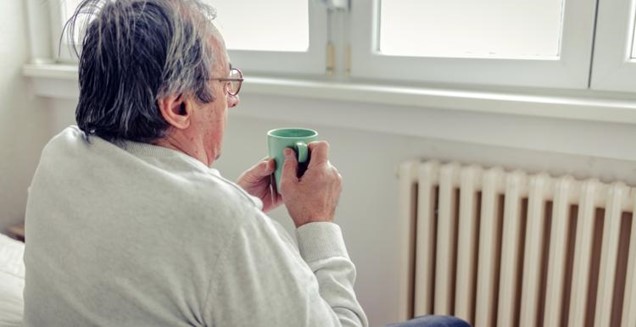What are Virtual Wards?

A virtual ward, also known as hospital at home, is a safe, efficient alternative to NHS in-hospital care. It allows patients to receive hospital-level care in the comfort of their own homes. Patients can also be treated on virtual wards if they reside in a hospice or care home. Treating patients in surroundings familiar to them, with the support of friends or family or other care support nearby, can speed up their recovery. It also frees up beds for those patients who require in-hospital care.
What can be treated on a virtual ward?
Virtual Wards can monitor a range of conditions including but not limited to:
- Osteoporosis, Frailty & Falls Recovery Treatment
- Wound Care & Pressure Injury Management
- Respiratory Illnesses & Infections
- Urinary Tract Infections (UTIs)
- Diabetes
- Oncology
- Mental health
- Learning disabilities
Virtual wards are also set to expand to treat people experiencing heart health conditions or heart failure.
Using people's experiences, Healthwatch England have created top tips for both patients, health and care professionals on how to get the most out of digital consultations.
How are patients on virtual wards treated?
Before being treated on a virtual ward, healthcare professionals will decide if this is suitable for the patient. If suitable they'll then be allowed to go home, where they will receive direct care and monitoring, the same as if they were in hospital.
Patients are provided tailored equipment which relates to their condition being treated. This equipment will include technology that links directly to central hubs in Derbyshire, where healthcare staff are able to monitor the patients condition remotely. Medical equipment provided could include machines able to measure heart rate, respiration rate, body temperature, blood oxygen levels, and blood pressure. If patients need, they'll also have home visits from medical staff.
For more information on virtual wards in Derbyshire, take a look at Joined Up Care Derbyshire's news article here.



.jpg)
.jpg)
.jpg)
.jpg)
.jpg)
.jpg)
.jpg)
.jpg)
.jpg)
.jpg)
.jpg)
.jpg)









.jpg)
